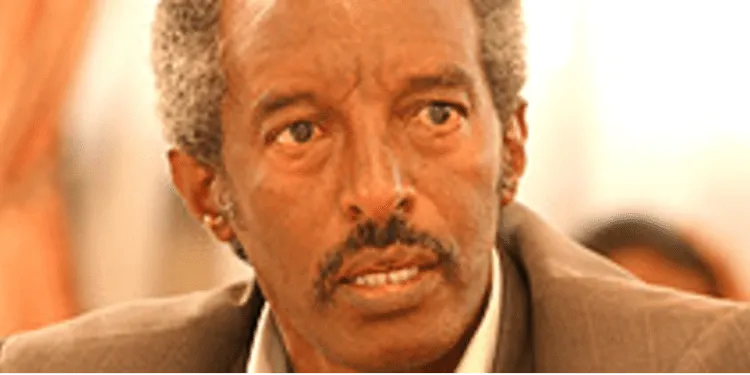Berhane Abrehe, Eritrea’s former finance minister and a vocal critic of the nation’s long-standing president, Isaias Afwerki, has reportedly died while imprisoned, according to his family. The 79-year-old, who had been detained for six years, was once a key figure in Eritrea’s government, serving as the country’s finance minister for over a decade before his ousting in 2012.
Abrehe’s relationship with President Afwerki soured during his tenure, as he increasingly called for transparency in the government’s handling of the national budget—a demand that remains unmet to this day. His removal from office in 2012 marked the beginning of his political downfall, which culminated in his arrest in 2018 after he published a book that openly criticized the president, calling him a “dictator” and demanding his resignation.
In the book, titled My Country, Abrehe also challenged Afwerki to a debate on national television and called for the reinstatement of Eritrea’s national assembly, which had been dissolved by the president in 2002. The country has since remained without a legislative body, leaving the government unaccountable.
The Eritrean government has not officially confirmed Abrehe’s death, but his family claims they were informed of his passing by authorities. The cause and exact time of his death remain unclear, and his body has not been released to the family. However, they have been told that there are plans to bury him in the Asmara Patriots Cemetery, a site reserved for veterans of the Eritrean independence war and members of the national service.
The former minister’s imprisonment and death highlight the broader issue of political repression in Eritrea, a country where President Afwerki has ruled without holding national elections since leading the country to independence from Ethiopia in 1991. Under his rule, political parties, civic organizations, and independent media have been banned, and the government has been accused of widespread human rights abuses, including torture, forced disappearances, and the detention of thousands in inhumane conditions.
Abrehe’s detention was part of a broader crackdown on dissent in Eritrea. His wife was also imprisoned during the same period, although she was released in 2019 without any explanation. Their son, Efrem Berhane, who now lives in the United States after fleeing Eritrea, has spoken out about the family’s ordeal. In 2020, he expressed his lingering hope that his father might one day be released, saying, “How can people be kidnapped by a government and disappear for years? Why do people show such cruelty on a fellow human like this?”
The case of Berhane Abrehe is far from unique in Eritrea. In September 2001, 11 senior officials, including former ministers and generals, were arrested after criticizing President Afwerki. Known as the “G-15,” these individuals have not been seen or heard from since. The United Nations and various human rights organizations continue to condemn Eritrea for its severe restrictions on freedom of expression, assembly, and association.
In February 2024, Ilze Brands-Kehris, the United Nations Assistant Secretary-General for Human Rights, stated that “impunity persists” for human rights violations in Eritrea. She noted that the UN continues to receive credible reports of torture, arbitrary detention, and enforced disappearances in the country.
Born in Eritrea in 1945, Berhane Abrehe was a well-educated man who earned a master’s degree in economics from a U.S. university before joining the struggle for Eritrean independence. He is survived by his four children, who continue to grapple with the loss of their father and the legacy of his fight for a more transparent and accountable government in Eritrea.



